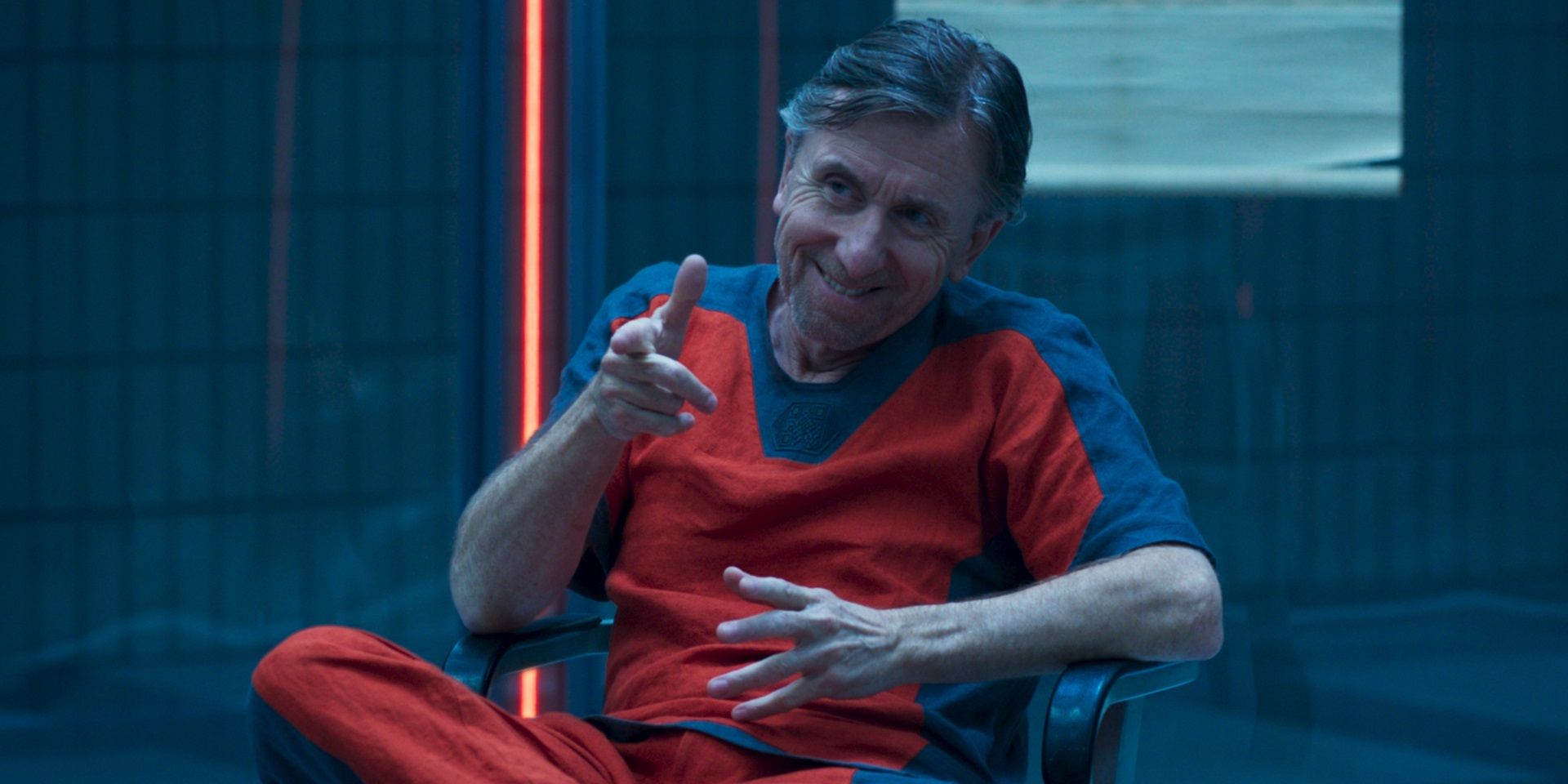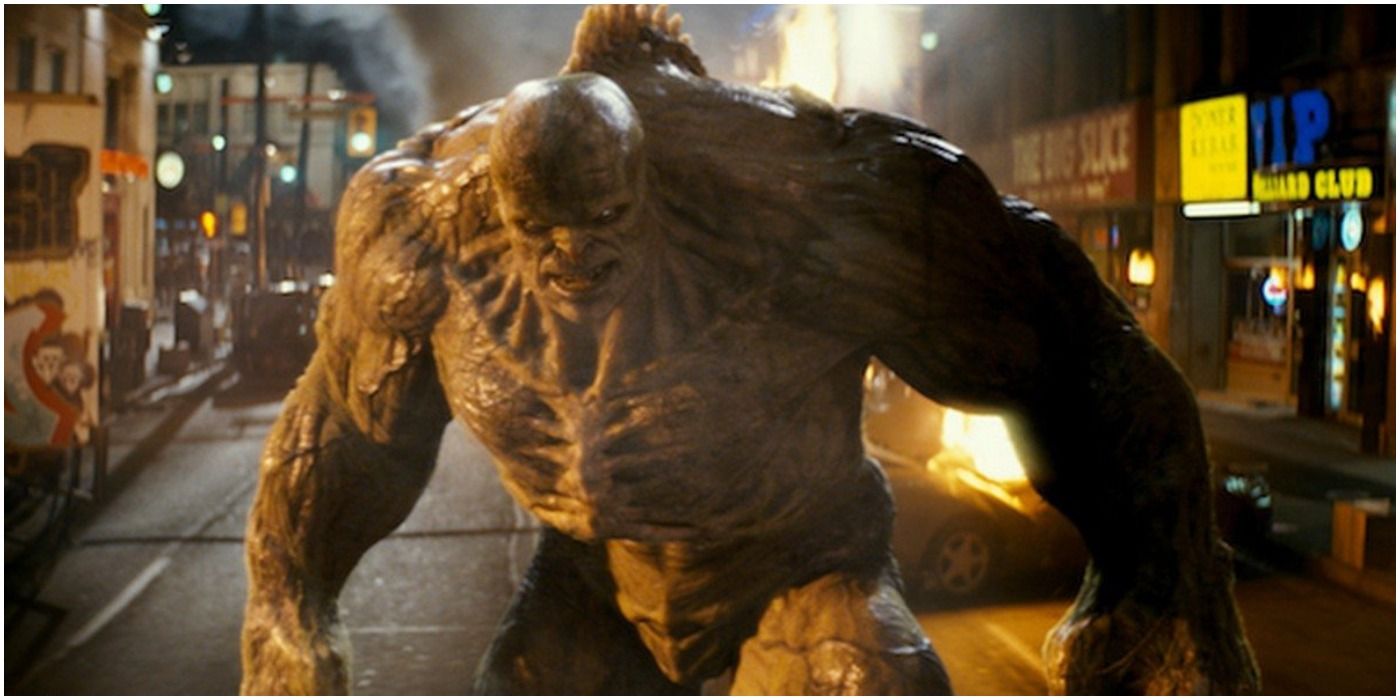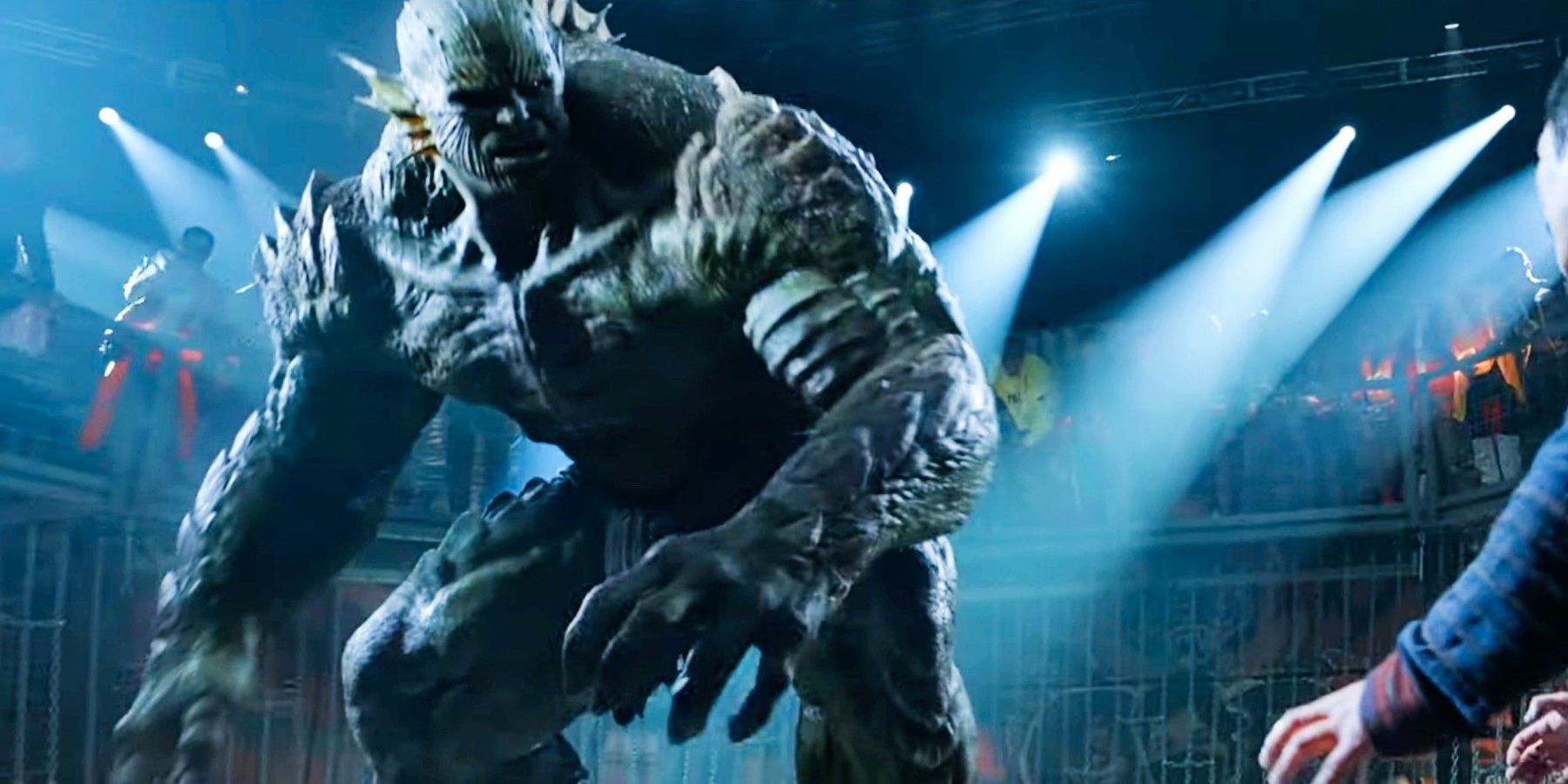The idea of a separate system of law entirely devoted to metahumans makes a ton of sense in the Marvel Cinematic Universe. Representing beings that don't follow our physical laws with our legal ones fails to capture certain nuances that will be key in the hearings. How could the first case in the franchise's history go?
She-Hulk: Attorney at Law is living up to its premise by coming across primarily as a sitcom and a legal procedural. While the MCU isn't completely new to either genre, this is the deepest dive the franchise has taken into both. Over the first two episodes, the hardcore Perry Mason stuff hasn't begun just yet, but it's worth looking into Jennifer Walter's first case as superhero lawyer supreme.
She-Hulk's first client is one of her cousin's greatest adversaries, Emil Blonsky, AKA the Abomination. Blonsky has been held for fourteen years in a cryostasis chamber in Barrow, Alaska for his crimes, and he's being represented by Walters in his parole hearing. For those who didn't see 2008's The Incredible Hulk, Blonsky does have a substantial rap sheet to contend with. Blonsky was a decorated and hardened commando of the British Royal Marines. For the first 39 years of his life, he served his country dutifully and developed a taste for combat. When US Army General Thaddeus "Thunderbolt" Ross brought Blonsky and his team in to eliminate the Hulk, it quickly became apparent that even the best soldier couldn't cut it.
Like a lot of characters in the Marvel Cinematic Universe, Blonsky was injected with an off-brand variant of the Super Soldier Serum that turned Steve Rogers into Captain America. Blonsky's life in the field had aged him, and, as he hurdled towards 40, he still wanted to fight. Ross offered him the chance to be Captain America, and it wasn't enough. For all his trouble, Blonsky wasn't able to keep up with the Hulk's immense physical power. He lasts longer than all of his unaugmented men, but he's still fully outclassed. The Hulk destroys him in combat, leaving nearly every bone in his body broken. Miraculously, the serum heals his body, bringing him back to his old self in under 24 hours. If he had stopped there, Blonsky would not have been arrested, but he couldn't bring himself to let the mission die. Blonsky injected himself with Bruce Banner's irradiated blood, turning himself into the Abomination.
One of the interesting things about Emil Blonsky from a legal perspective is how his circumstances interact with those of Bruce Banner. Blonsky became mad with power after the first two rounds of Super Soldier Serum and grew vengeful after losing both battles. He demanded Hulk's blood to become as powerful as the monster that kept beating him. There's an argument to be made that Blonsky was ordered to defeat the monster, and taking the blood transfusion was in pursuit of that mission. He is responsible for his actions but does literally Hulking out absolve him of guilt for the rampage through Harlem that could've killed dozens of people? Is Hulk responsible for all the people he's accidentally crushed? Interestingly, S.H.E.I.L.D. briefly considered reaching out to Blonsky as part of the Avengers Initiative. He was considered too unstable for the team. As if Banner had it all together. Interestingly, regular criminal proceedings somewhat cease to be of use when examining Emil Blonsky.
Blonksy's charges haven't been directly mentioned. Most of them could be accurately sussed out by watching the film in which he debuted. Property damage, reckless endangerment, an unspecified number of murders, and so on. The real reason Blonsky was held in such immensely high-security conditions was for safety. Regardless of his actions, the Abomination couldn't be allowed to walk the streets with the power he commands. He had to be reigned in by force. One wonders whether Bruce Banner would've suffered a similar fate around the time of Age of Ultron if he wasn't allowed to escape. Abomination did terrible things with the power he gave himself, but if he's no longer a threat, he should be eligible for parole. However, he's still not telling his story with all the nuance it requires.
Emil Blonsky isn't entirely the fault of the US government, but it's not all his fault either. It's entirely possible that the knock-off serum he was given could've affected his reasoning or made him more aggressive. The first person exposed to the original formula was Red Skull. There are far more bad examples than good. Blonsky expresses to Walters his belief that he was the good guy, and he was justified in that belief to a point. He was a soldier hired to deal with a problem who did whatever was necessary to eliminate the threat. Abomination is a complicated case, a man who may have been out of control from the moment the serum entered his body. Jennifer Walters has a difficult case ahead of her, but there's a very real path to freedom for Emil Blonsky, so long as he doesn't screw it up for himself.



